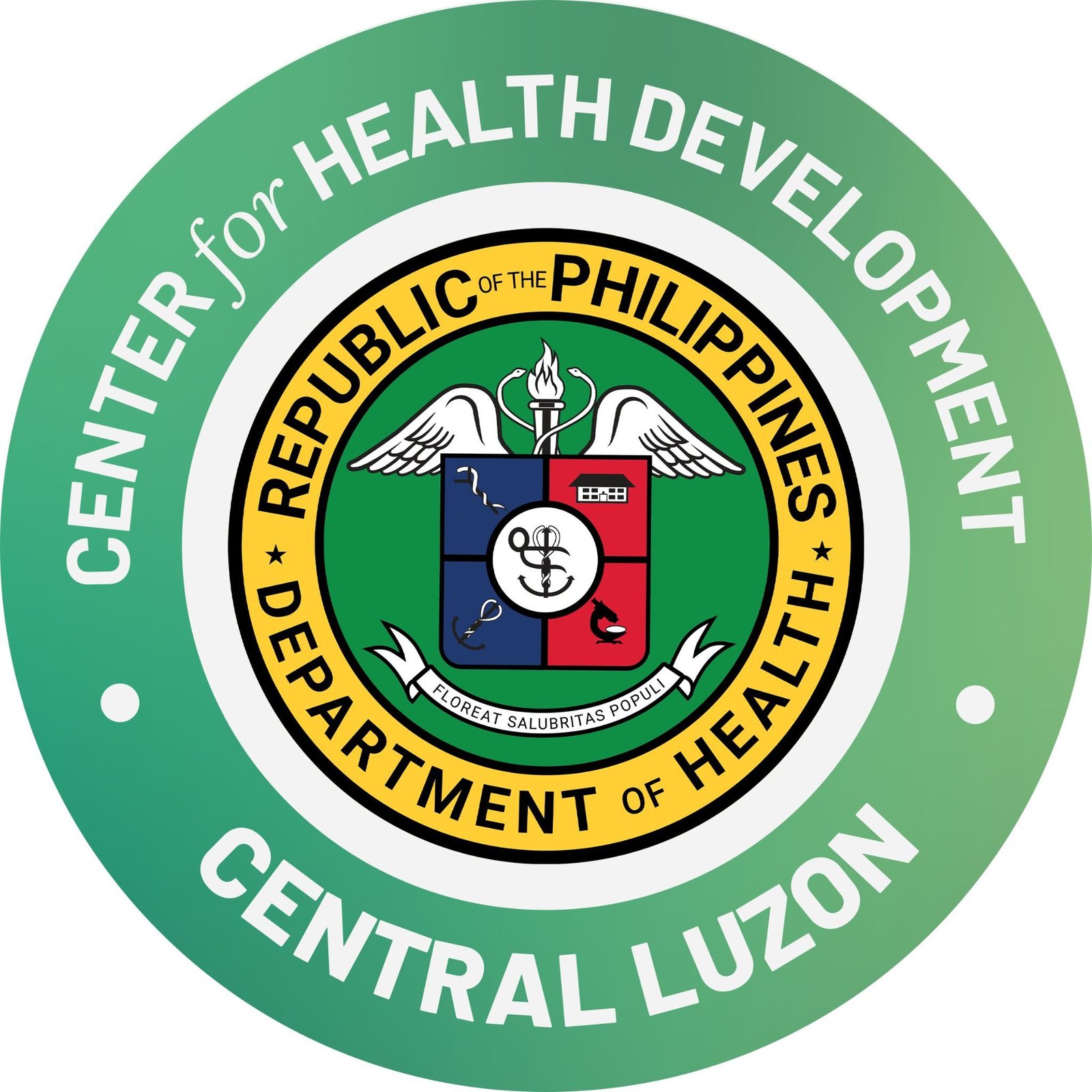As floodwaters become more common during the rainy season, the Department of Health (DOH) – Central Luzon Center for Health Development (CLCHD) is urging the public to be vigilant against leptospirosis, a serious bacterial infection spread through contaminated water.
Medical Officer Angelica Joy Diaz explained that leptospirosis is caused by the Leptospira bacteria, often present in rat urine. Infection typically occurs when floodwater enters the body through open wounds, scratches, or broken skin.
Early symptoms include fever, muscle pain, vomiting, diarrhea, headache, red eyes, and skin rashes. In severe cases, the disease can lead to kidney failure, liver damage, meningitis, or respiratory distress,” Diaz said.
She stressed the importance of early consultation at the nearest health facility—especially for individuals with known exposure to floodwaters.
To help prevent infection, the public is advised to:
- Avoid walking through floodwaters** if possible
- Wear boots or protective gear** when exposure is unavoidable
- Wash thoroughly with soap and water** after exposure
- Maintain proper garbage disposal** to control rat populations
The DOH is also promoting the use of doxycycline for pre- and post-exposure prophylaxis:
- Pre-exposure: 200 mg once weekly for adults; 4 mg/kg weekly for children under 45 kg
- Post-exposure:
- Low-risk: 200 mg within 24–72 hours
- Moderate-risk: 200 mg once daily for 3–5 days
- High-risk: 200 mg weekly until exposure ends
- Pregnant women should be given safer alternatives such as amoxicillin or erythromycin
Diaz reminded the public that rural health units can provide proper treatment and dosing guidance.
“Let’s protect ourselves and our families by staying informed, keeping our environment clean, and avoiding exposure. When symptoms appear, seek help immediately,” Diaz urged.
The DOH also encouraged local governments to adopt the One Health approach, promoting collaboration across sectors to improve sanitation, disaster preparedness, and vector control in communities.














